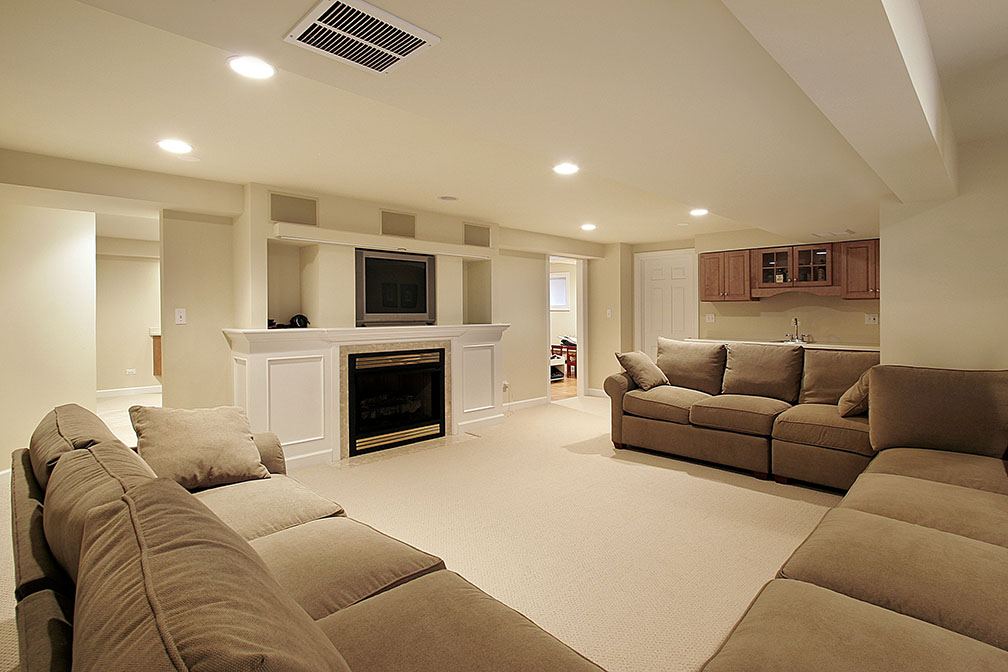When Is the Right Time to Buy Your First Home? Use This Easy 4 Point Checklist
 Are you growing tired of renting? Or perhaps you’ve recently graduated from college and are looking to set down some roots? Whatever the case, buying your first home is an exciting prospect. Let’s take a look at a quick and easy four-point checklist that you can use to determine if you are ready to buy your first home.
Are you growing tired of renting? Or perhaps you’ve recently graduated from college and are looking to set down some roots? Whatever the case, buying your first home is an exciting prospect. Let’s take a look at a quick and easy four-point checklist that you can use to determine if you are ready to buy your first home.
#1: Is Your Credit In Good Shape?
How is your overall financial health? Once you have your down payment saved up, you should turn your attention to your credit rating. If you are going to borrow a mortgage to help cover the cost of your home, your lender will be doing some digging into your credit history. It is best to ensure that you aren’t late with any payments and have cleared off any black marks from past credit problems.
#2: Can You See Yourself Living In This Community?
Do you love the area you live in? Or are you thinking about moving to a community that you like a bit more than your current one? Perhaps it’s the local shops, the amenities, the walking trails or just being closer to work. It is always best to ‘love where you live,’ so ensure that you are buying your first home in a community that you can call home.
#3: Is Your Job Situation Stable?
Another factor to consider is your job or career situation. Are you likely to switch companies or be transferred to another division within the next few years? Be sure to give some thought to this as it will be inconvenient to have to move shortly after buying and furnishing a home.
#4: Are You Planning To Have Children?
Finally, have you considered what your family might look like in the future? Are you planning to get married, or if you are already married are you planning to have a family? If you have children now, do you expect to have any more of them? Keep in mind that as your children grow older, they will need a bit more space. If you have a couple of young kids sharing bunk beds, each will need their own bedroom soon enough.
When you’re ready to buy your first home, our friendly mortgage team is here to help you find the perfect financing. Give our offices a call and we will be happy to meet with you to discuss your needs.
 Are you thinking of buying a new home this spring or summer? If so, you’re not alone. Many thousands of individuals and families alike will become homeowners this year. Whether you’re a first-time buyer or a seasoned veteran of the housing market, you probably know there are significant choices to make. One of the big decisions you will have to ponder is how much you want to invest in your down payment.
Are you thinking of buying a new home this spring or summer? If so, you’re not alone. Many thousands of individuals and families alike will become homeowners this year. Whether you’re a first-time buyer or a seasoned veteran of the housing market, you probably know there are significant choices to make. One of the big decisions you will have to ponder is how much you want to invest in your down payment. Do you have an empty basement or separated suite in your home? If you have a suite sitting empty, you are missing out on collecting some extra monthly income in the form of rent. Let’s take a look at a quick four-step process that will help you find the perfect tenant to rent out your basement suite.
Do you have an empty basement or separated suite in your home? If you have a suite sitting empty, you are missing out on collecting some extra monthly income in the form of rent. Let’s take a look at a quick four-step process that will help you find the perfect tenant to rent out your basement suite.